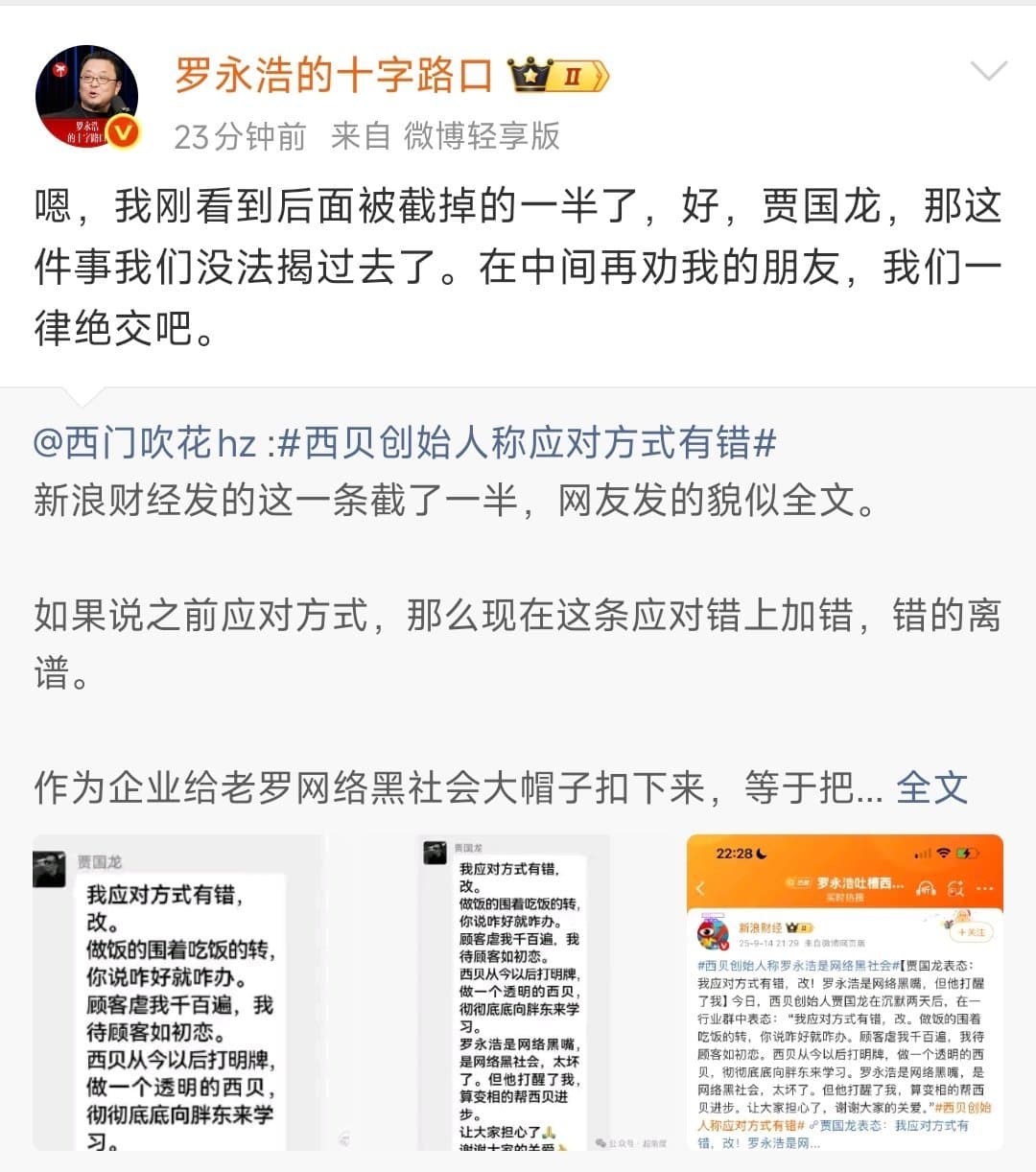China Reduces US Treasury Bond Holdings, Japan Increases
China Reduces Holdings of US Treasury Bonds, Ending Two-Month Increase as Japan Increases Holdings According to financial data released by the United States Department of the Treasury on March 19, China reduced its holdings of US Treasury bonds by $186 billion, ending a two-month streak of consecutive increases.

20 March 2024
Japan, on the other hand, increased its holdings by $149 billion. As of the end of January, the top three foreign holders of US Treasury bonds saw a division in their holdings: China and the United Kingdom reduced their holdings, while Japan continued to increase its holdings. The US Department of the Treasury's January 2024 International Capital Flows Report (TIC) showed that Japan increased its holdings of US Treasury bonds by $149.4 billion, bringing its total holdings to $11,531 billion and maintaining its position as the largest foreign holder of US Treasury bonds. China's reduction of its holdings by $186 billion brings its total holdings to $7,977 billion, marking the first decrease in its holdings since November 2022, following two consecutive months of increased holdings. As the second-largest foreign holder of US Treasury bonds, China's holdings have remained below $1 trillion since April 2022. China reduced its holdings for seven consecutive months from August 2022 to February 2023, before increasing its holdings by $203 billion in March 2023, and then decreasing again in October and January 2023. The United Kingdom reduced its holdings by $2 billion to $7,535 billion, maintaining its position as the third largest foreign holder of US Treasury bonds.
According to a Reuters report, the reduction in China's holdings of US Treasury bonds is being seen as a reflection of a significant decrease in the holdings of the Belgium-based account, which is believed to be a holding place for Chinese assets. The US Treasury Department announced on Tuesday that China's holdings fell by $186 billion to $7,977 billion, while Belgium's holdings fell by $213 billion to $2,931 billion, making Belgium the third-largest holder of US Treasury bonds.

The trend of foreign institutional investors adjusting their portfolios and reducing their holdings of US Treasury bonds is expected to continue. Since the beginning of this year, the rapid rise in US interest rates and the appreciation of the US dollar have led to significant outflows of foreign exchange from emerging markets, prompting these investors to reduce their holdings of US Treasury bonds and seek higher returns in other markets.
China's reduction in its holdings of US Treasury bonds is also seen as reflecting the country's increased attention to domestic economic development, as well as concerns over potential spillover effects from the US Federal Reserve's monetary policy tightening and the impact of the ongoing geopolitical tensions on the global economy.
The reduction in China's holdings also aligns with the country's push for economic self-reliance and diversification of its foreign exchange reserves, as well as the pursuit of alternative investment opportunities in other countries and markets. In response to the news, netizens on Weibo, China's popular social media platform, expressed mixed opinions. Some users questioned the wisdom of holding so many US Treasury bonds, while others suggested diversifying China's foreign exchange reserves by investing in other financial instruments such as stocks, real estate, and commodities.
Some users even joked about considering buying Japanese bonds, given Japan's increasing holdings of US Treasury bonds. China's reduction in its holdings of US Treasury bonds is a significant development in the global financial markets, and its implications will likely be closely monitored by investors, policymakers, and financial analysts around the world.
As the world's second-largest economy and a key player in the global financial system, any changes in China's investment strategy have the potential to reshape the dynamics of the US Treasury bond market and the broader global economy. In summary, China's reduction in its holdings of US Treasury bonds, along with the accompanying increase in Japan's holdings, reflects shifting dynamics in the global financial markets. While China's decision may have been driven by a combination of economic, political, and investment considerations, its impact on the US Treasury bond market and the global economy remains to be seen. As the world's second and third largest holders of US Treasury bonds, China and Japan's actions will continue to be closely watched by investors and financial analysts around the world.



